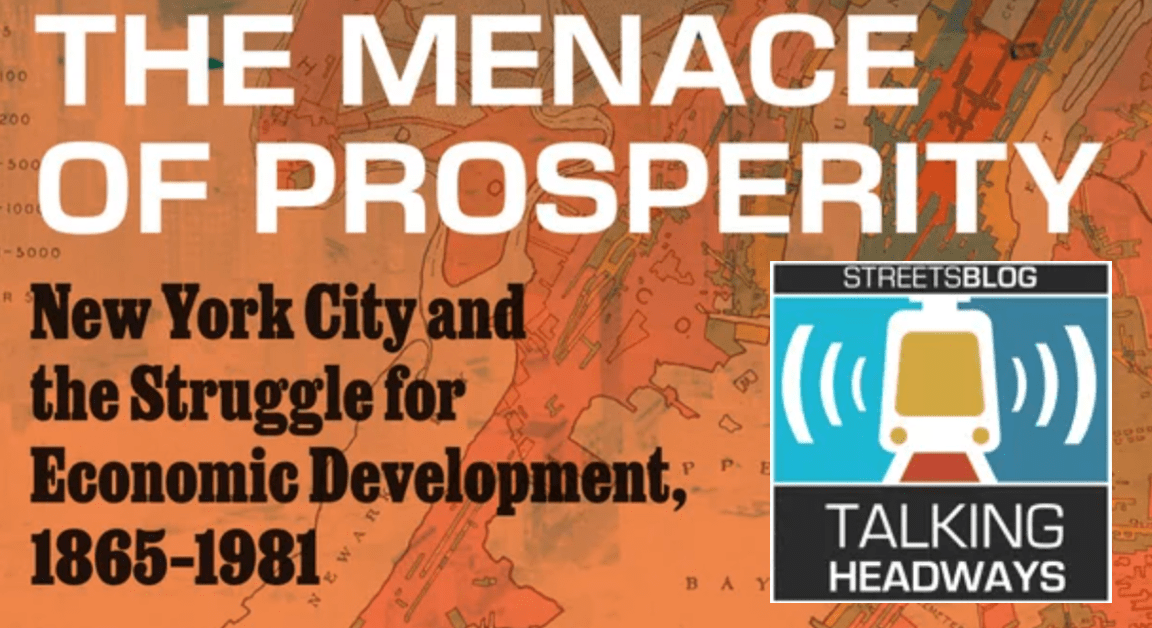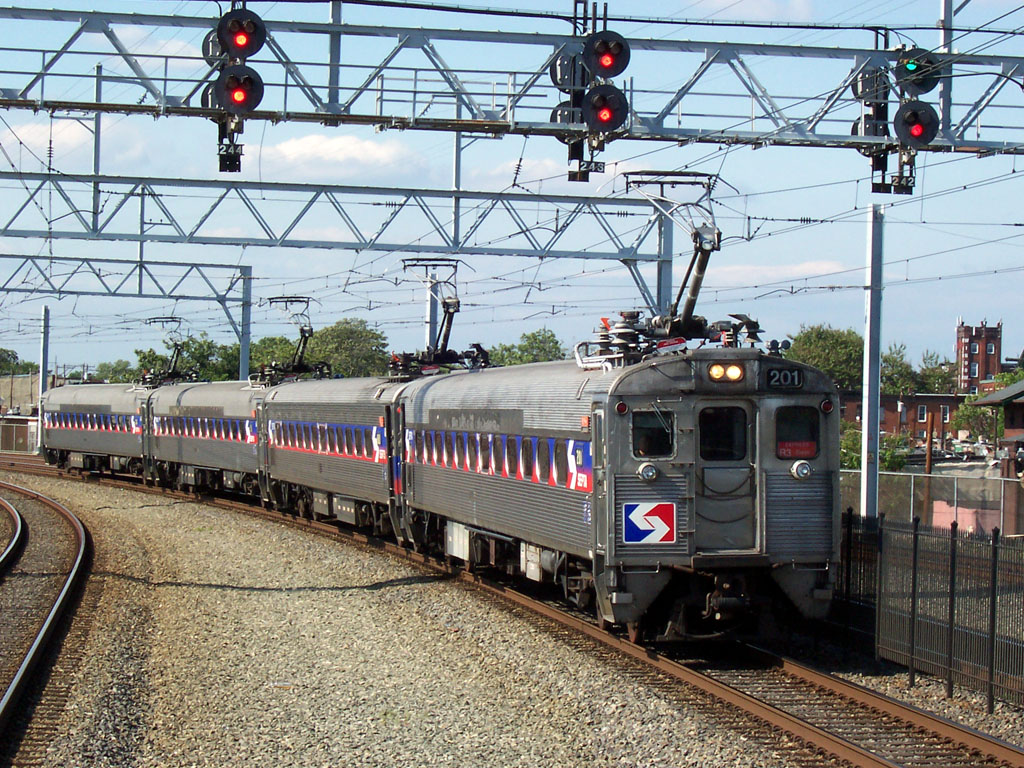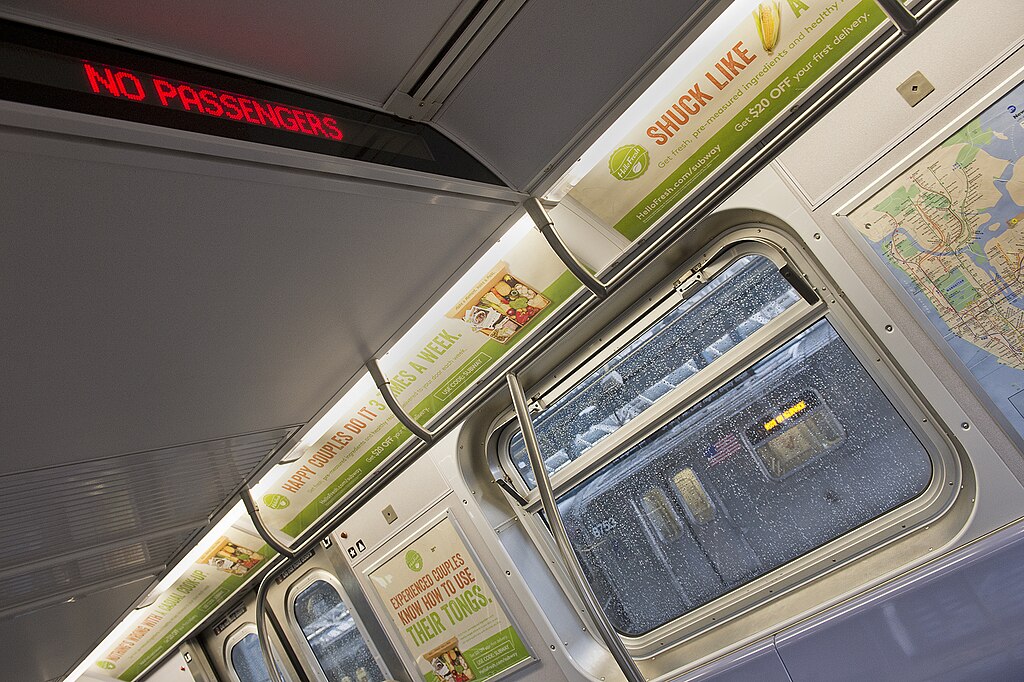Looking back at the year in transportation reform, there are certainly many reasons to be encouraged about what's happening in cities around the United States. Here are some 2013 retrospectives from Streetsblog Network members that give snapshots of two places that are making progress on active transportation, and one where the prevailing dynamic is still stuck in the 20th Century.

Atlanta Makes Progress: Despite 2012's transportation tax electoral defeat, Atlanta made some real strides in 2013 toward a healthier array of transportation choices, reports Darren at ATL Urbanist. The city broke ground a new streetcar near its downtown, and it got busy installing bike infrastructure, including some protected bike facilities that will truly make a difference. Meanwhile, the city began to see some returns from its ambitious Beltline project -- a partially-completed rail-trail loop around the central city.
"So far, the Beltline’s multi-use path and adjacent parks have brought in $1billion of new investment; and they’ve done so not by expanding road lanes but by offering a new way to move through our neighborhoods: human-powered transportation," Darren writes.
Despite Atlanta's reputation as a traffic-snarled mess, driving is down 12 percent since 2005, he reports.
Portland Surges Forward: It was another impressive year for the city known as America's bike capital. Michael Andersen at Bike Portland reports that the city recorded zero bike fatalities in 2013, even though it has the highest bike commute rate of any major American city at 6 percent mode share. Zero cyclist deaths is actually not too uncommon an occurrence in Portland, he reports.
"The number-one reason Portland is the country's best big city for biking is that this is, compared to any other large U.S. city and lots of the smaller ones, an extremely safe place to ride a bicycle," says Andersen.
The city of Portland isn't just pulling ahead in bike safety, Andersen reports. Its economy is also thriving.
"This September, the Bureau of Economic Analysis announced that only two major metro areas in the country (San Francisco and New Orleans) saw faster real GDP growth per capita last year than Portland. Since 2001, no major metro in the country has done better."
Andersen says it's probably no coincidence that biking and economic growth have risen in tandem.
A Bad Year for Pedestrians in Southwest Florida: In other quarters of the country, though, road conditions remain extremely hostile to people on foot and bike. Network blog BikeWalkLee reports that in Lee County, Florida, pedestrian fatalities nearly doubled from 13 to 23, and there were nine cyclist deaths. (Lee County, as it happens, has about the same population as Portland.) Even worse, the Fort Myers News Press reported that several crashes involved children traveling to and from school.
Dan Moser of BikeWalkLee told the News Press that part of the problem is a lack of legal accountability for drivers.
“This tendency to exonerate drivers whenever the non-motorist had any degree of fault … perpetuates the current mindset we as motorists have in terms of ignoring Florida laws that clearly define the high level of responsibility we have when behind the wheel,” he said.
In brighter news, this year Florida passed a law banning texting and driving (though it has flaws), and total statewide traffic fatalities fell. Meanwhile, last year Lee County won a substantial TIGER grant to enact its complete streets vision -- an effort that is bound to reduce the number of these tragedies.





